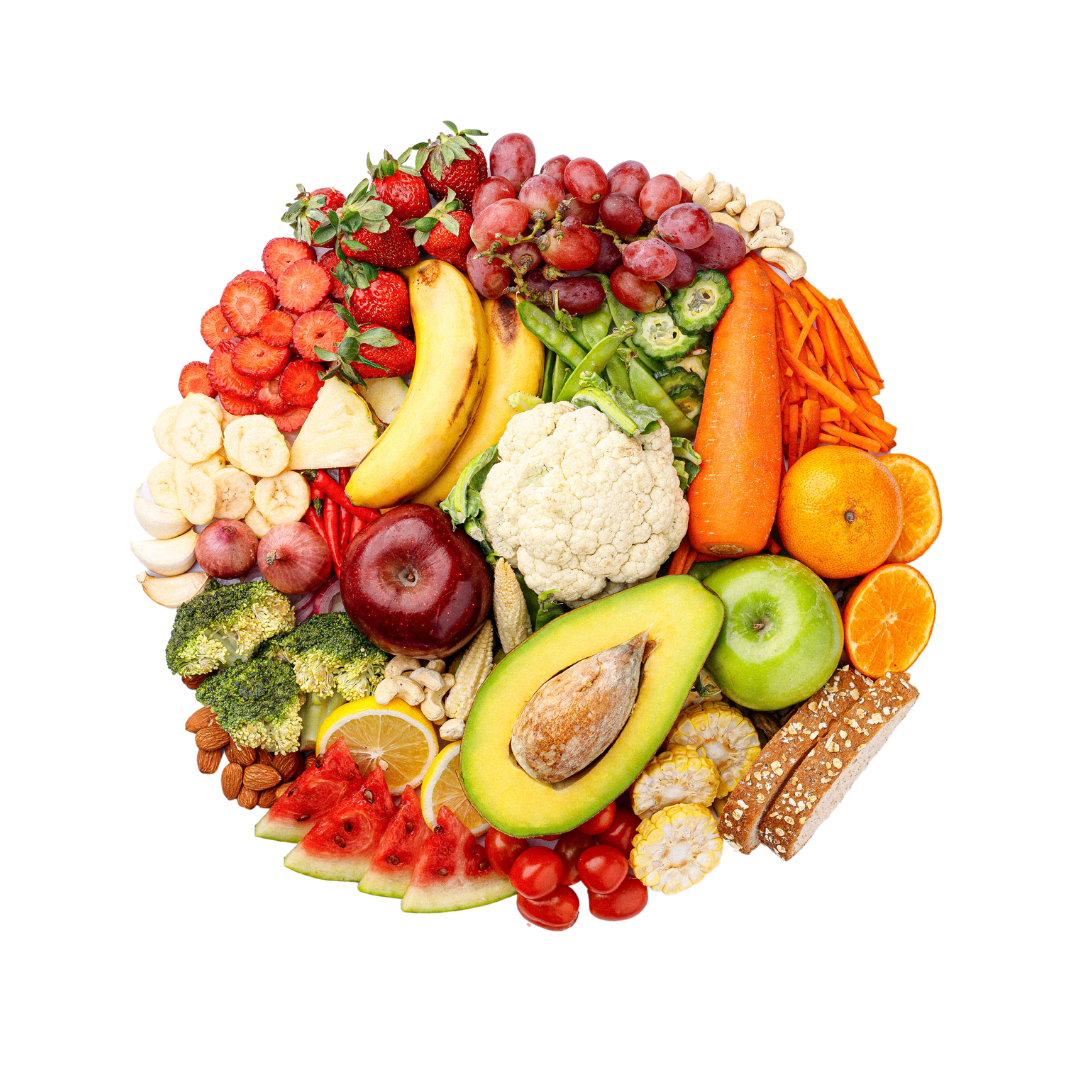No matter how healthy you eat, it can be difficult for your body to consistently get all the nutrients it needs from food. Non-dietary factors including age, stage of life, and genetic variations can all be factors in getting our nutritional needs met.
In addition, modern farming methods often lead to the soil becoming stripped of valuable nutrients, with each crop containing less of them than the one before. Modern agriculture is focused on producing crops maximized not for nutrition, but for size, fast growth rate and resistance to pests. These faster growing crops allow farmers to produce more output in a year, but do not enable plants to manufacture or uptake nutrients at a similarly faster rate.
A large-scale study on the nutrient value of foods conducted between 1930 and 1980 and published in the British Food Journal found that in 20 vegetables the average calcium content in this time had declined 19%, Iron 22%, and potassium 14%. Vitamins A and C, niacin, riboflavin, thiamine, magnesium, zinc and copper also showed a reduction in this time. On top of this, produce is increasingly being shipped thousands of miles and sitting in storage or on shelves for weeks, meaning evening greater degradation of the nutrient profile.
Harvard’s School of Public health reports that more than 90% of Americans get less than the Estimated Average Requirement of vitamins D and E from diet alone. So while multivitamins are not a substitute for a healthy diet, multivitamins can help fill the gaps for vitamins that the body needs.
According to research, there are many health advantages of taking multivitamins on a daily basis. Here are the top 5:
Enhances Mental And Cognitive Functions: The eight B vitamins have a considerable effect on enhancing short-term memory performance, according to one study. A memory test revealed that those who took vitamin supplements performed better than those who did not. And according to research, taking multivitamins may impact mood and cognitive performance.
Reduces The Risk of Heart Disease: Given that cardiovascular disease is one of the main causes of death worldwide, studies have shown that taking multivitamins daily helps reduce the risk of developing the condition. Magnesium, B vitamins, and blood pressure control are all important for sustaining cardiovascular health.
Lowers The Risk of Cancer: Multivitamin use lowers the risk of certain cancers, according to studies. Observational studies have linked colon cancer risk reduction with long-term multivitamin use in both men and women. And according to a Physicians Health Study that long-term, daily multivitamin use reduced cancer risk in men with a history of cancer, as well as those with no history of the disease.
Maintains Strong Bones: Our body’s nutritional requirements alter as we get older. However, as the body ages, it also becomes more difficult for the body to absorb nutrients. Multivitamins can make up for all the nutrient shortages and stop them and also raise bone density.
Supports Healthy Skin And Hair: According to research, biotin, vitamin B3, and vitamin c support healthy hair, while vitamin e and other vitamins contribute to good skin. In particular, when it comes to harmful free radicals, the antioxidants found in various multivitamins are crucial.
Fortunately, there are many good multivitamins on the market to help you supplement your nutritional needs. I take BeWell Multivitamin & Mineral daily. The formula has a botanical blend of 22 vitamins and minerals, including a B-complex and antioxidant vitamins A, C, D and E, from whole food that fills key nutrient gaps in your diet to support overall health. I love that it’s in a powder form so I can just add a scoop to my daily protein powder smoothie.
Do you take a daily multivitamin? If not, try taking one for 30-60 days and see if you notice a difference. You might be surprised with the benefits!
Stay Healthy!

View comments
+ Leave a comment